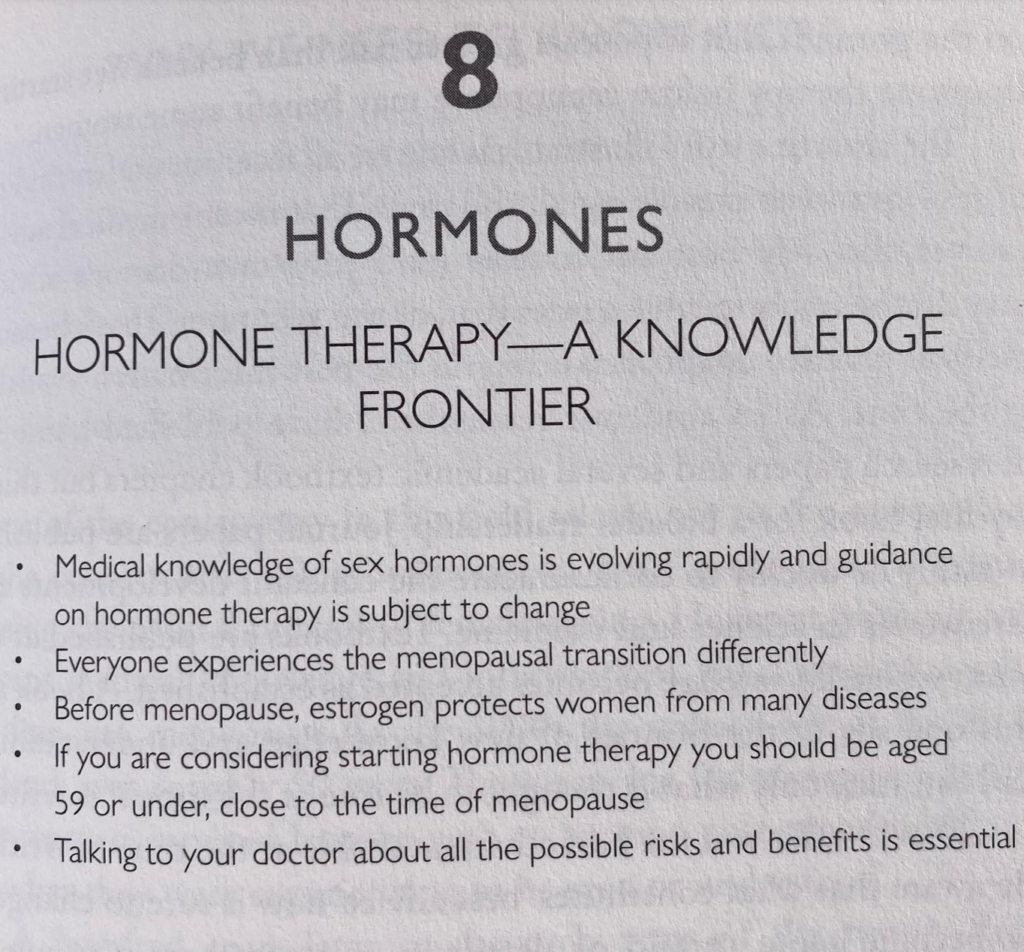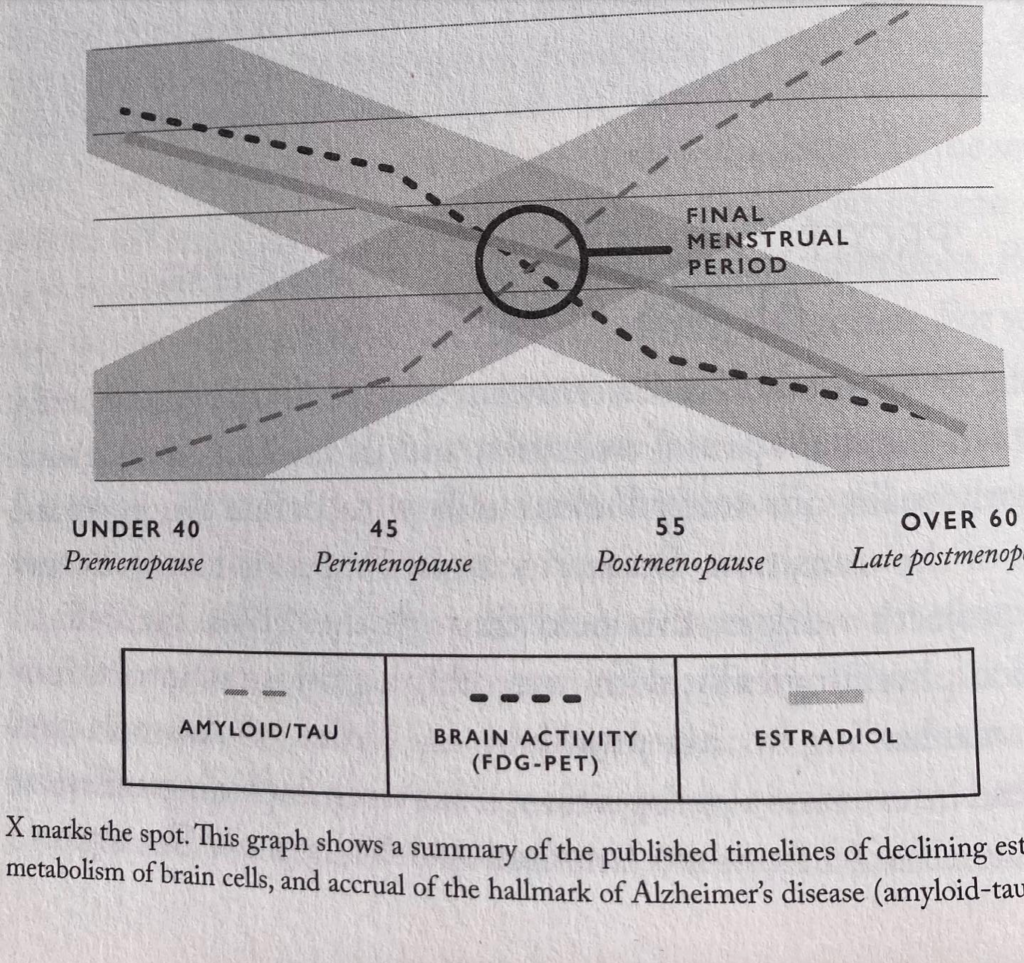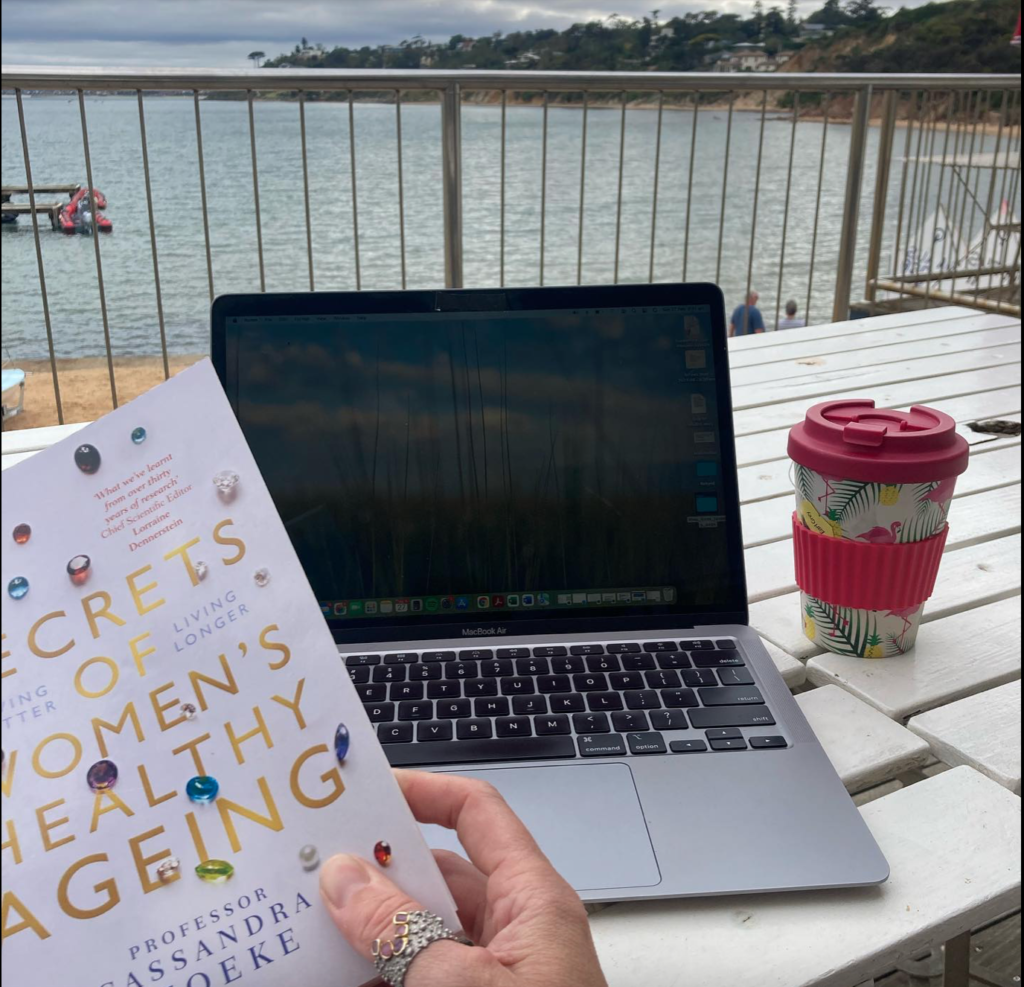In chapter 8 of ‘Secrets of Women’s Healthy Ageing’, Professor Cassandra Szoeke talks about one of my favourite subjects…hormones!



In chapter 8 of ‘Secrets of Women’s Healthy Ageing’, Professor Cassandra Szoeke talks about one of my favourite subjects…hormones!
And this chapter, as you might expect, is a longer one, so I’ll break it up into a few posts.
She notes that as our knowledge expands, based on latest data, so too does the advice – see image 2. The great thing is research is becoming more targeted and precise all of the time – and that’s absolutely necessary as “a review of scientific literature has found the less than 1 per cent of ageing research looks at the impact of hormones, and you can see that this area is truly a frontier of knowledge in omen’s health.
”Hormones are supreme messengers in our bodies as they can diffuse through the body’s cells and even cross the blood-brain barrier. Oestrogen is credited as the hormone which “most influences female development” and in menopause, our oestrogen levels “plummet”.For many women (but not all), menopause can be physically and emotionally “tumultuous”. We’re all aware of hot flushes and night sweats, but there’s also vaginal dryness which leads to reduced sexual activity and increased urinary tract infections. Then there are erratic, sometimes heavy periods, migraines, reduced strength and elasticity in muscles, sometimes leading to pelvic floor issues, uterine prolapse and incontinence and ultimately a reduction in quality of life. (Go figure!) Consider this a good reminder to work those pelvic floor muscles.
Although, for many years women believed that they just had to live with the symptoms of menopause (or rely on old wives “cures“), more and more research is being carried out to help alleviate the symptoms associated with menopause. I’ll expand on these in the next couple of posts.
